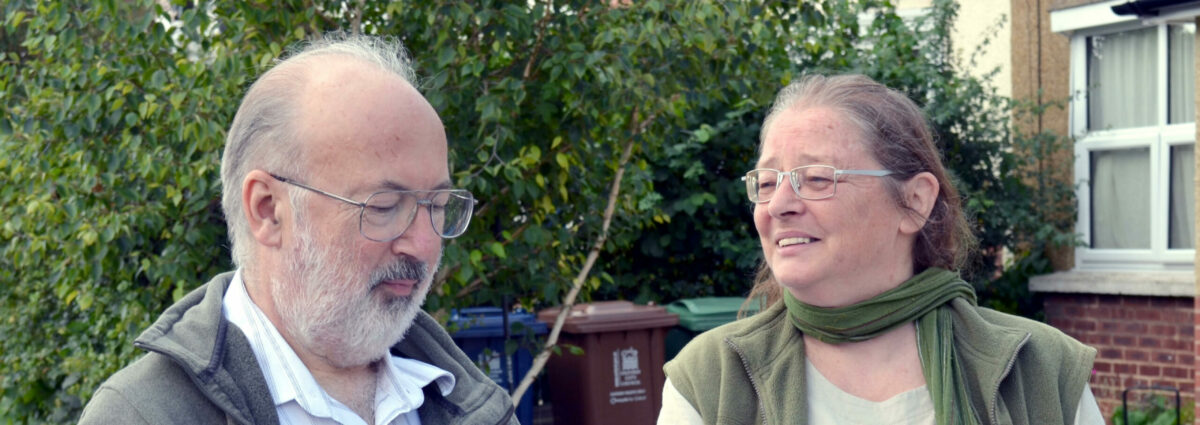Which areas voted for anti-LTN candidates and why? Oxford has had a fault line running through the City on Low Traffic Neighourhoods with the local newspaper giving many headlines, front pages and column inches to the oft-repeated inaccuracies of those opposing LTNs in Oxford. Despite this, research indicates majority support for LTNs and opposition at no more than about 29%. This article looks at why such candidates were elected. It is worth noting that Oxford’s 11 independents are in no less than 5 different groups since local elections 2024, with no lack of differences on a variety of issues. With assistance from Hazel Dawe:
See:
